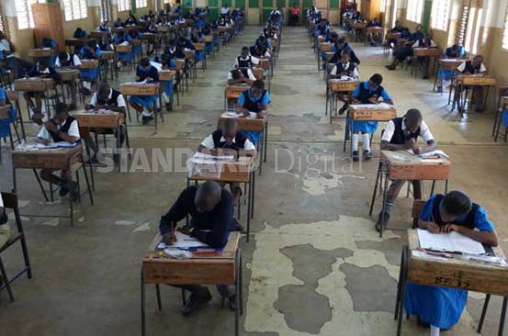×
The Standard e-Paper
Kenya’s Boldest Voice

Anxiety on whether a national exam will be administered to Grade Six pupils will end today when a task force tables its report at the national curriculum conference.
The task force will also make a decision on whether the national roll-out of the new curriculum will be extended to Grade Four next year.